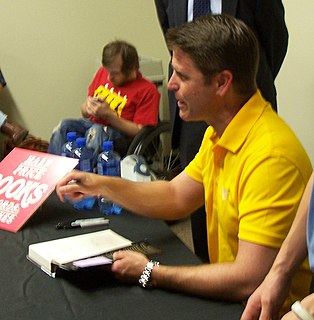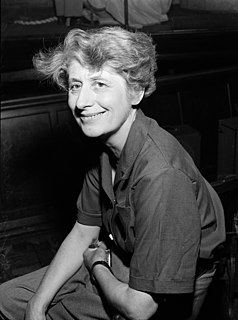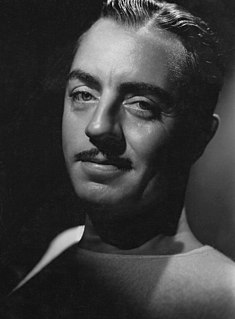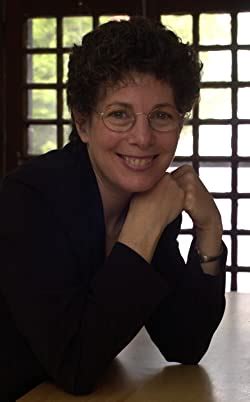A Quote by Orhan Pamuk
More than anything I am a novelist. But for me, an author's job is not only to create linguistically accomplished works. As an author I also want to stimulate discussion.
Related Quotes
My #1 job as a thriller author is to give readers the best white-knuckle thrill ride I am capable of. I am first and foremost in the entertainment business. If that suspenseful ride is also terrifying because it hits really close to home, then I am once again doing what I am supposed to do as a thriller author.
When I read a novel that I really like, I feel as if I am in direct, personal communication with the author. I feel as if the author and I are on the same wavelength mentally, that we have a lot in common with each other, and that we could have an interesting conversation, or even a friendship, if the circumstances permitted it. When the novel comes to an end, I feel a certain letdown, a loss of contact. It is natural to want to recapture that feeling by reading other works by the same author, or by corresponding with him/her directly.
I only know what it's like to be an author with social media. I can't compare. I do think we lose the mystery of the author. Today, I get tons of e-mails and Facebook messages from readers, and my goal with Twitter and Facebook is, if someone reaches out to me, I'm going to respond to them. I don't want to be an elitist author who is untouchable. I'm just a regular person, too. I will always respond to everybody.
Being a best-selling author just means the world for me. Some of my happiest memories, growing up, are being at book stores and reading books I couldn't afford, as a kid, and the midnight parties, waiting for the next Harry Potter book. The fact that I have that straw in my cap means more to me than anything I've ever accomplished before.
Awarded the Nobel Peace Prize in 1986, Elie Wiesel is also the author of more than 40 books. As relevant as anything to today's discussion are the insights into the Biblical texts that are contained in his lectures and books. They include Messengers of God [1976], Five Biblical Portraits [1978] and his just-published Wise Men and Their Tales - Portraits of Biblical, Talmudic and Hasidic Masters.







































